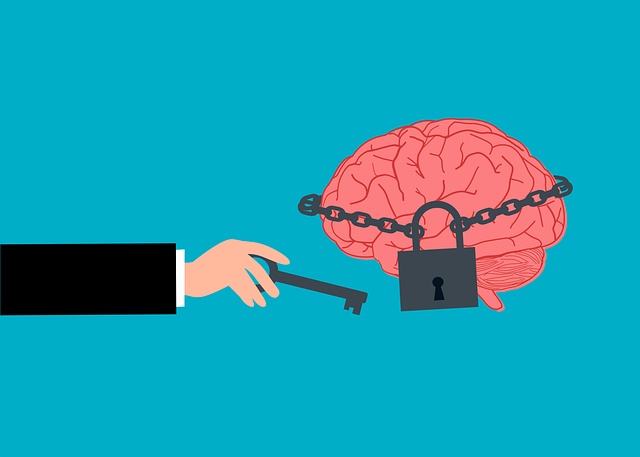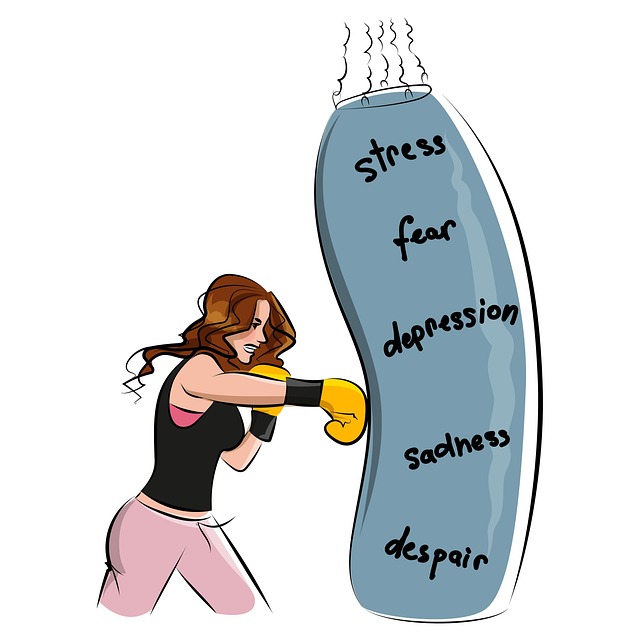Crisis Intervention Teams (CITs) in Denver, supported by organizations like Denver Developmental Disability Therapy, are vital for managing mental health crises. Through comprehensive training covering burnout prevention, communication, risk assessment, and tailored de-escalation methods, these teams provide immediate, competent, and empathetic support. Denver Developmental Disability Therapy offers unique CIT training focused on individuals with developmental disabilities, reducing stigma and fostering acceptance. The program includes interactive workshops, scenario simulations, and role-playing to prepare teams for both short-term crises intervention and long-term advocacy. Effective crisis management enhances community resilience, reduces emergency room visits, improves outcomes, and creates a supportive environment where help is readily accessible.
In today’s complex social landscape, crisis intervention teams (CITS) play a vital role in community support. These specialized groups, including Denver Developmental Disability Therapy, are trained to handle critical situations with sensitivity and expertise. Effective CIT training programs are essential for managing crises effectively, ensuring the well-being of individuals facing mental health challenges or developmental disabilities. This article explores the significance of such training, delves into unique perspectives like Denver’s approach, highlights key program components, and showcases the transformative benefits of skilled interventions.
- Understanding Crisis Intervention Teams: A Necessary Role in Community Support
- The Significance of Training for Effective Crisis Management
- Denver Developmental Disability Therapy: A Unique Perspective on Team Preparedness
- Key Components of Comprehensive Crisis Intervention Training Programs
- Benefits and Impact: Enhancing Lives through Skilled Interventions
Understanding Crisis Intervention Teams: A Necessary Role in Community Support

Crisis Intervention Teams (CITs) play a vital role in supporting communities by providing immediate assistance during times of crisis. These teams are designed to help individuals experiencing severe emotional distress, mental health issues, or other challenging situations. In Denver, where developmental disability therapy is readily available, CITs serve as an essential bridge between healthcare services and the community. They respond to 911 calls for mental health-related crises, offering assessment, de-escalation techniques, and short-term support to help individuals stabilize and connect with appropriate long-term care.
The work of CIT members is demanding, often leading to burnout if proper prevention strategies aren’t in place. That’s why emotional well-being promotion techniques are crucial for maintaining the health and resilience of these teams. By equipping CIT members with anxiety relief methods and stress management skills, they can better serve their communities without compromising their own mental health. This holistic approach ensures that Denver’s CITs remain effective and sustainable resources for those in need.
The Significance of Training for Effective Crisis Management

Effective crisis management is a cornerstone of any organization or community’s well-being, and proper training plays a pivotal role in achieving this. At Denver Developmental Disability Therapy, we recognize that equipping individuals with the skills to navigate crises is essential for fostering resilience and promoting positive outcomes. Crisis intervention team training programs are designed to empower participants with the knowledge and tools necessary to handle critical situations competently and empathetically.
These training sessions go beyond simple reactionary measures, delving into comprehensive crisis intervention guidance that includes strategies for depression prevention and burnout prevention. By participating in such programs, teams learn effective communication techniques, risk assessment skills, and de-escalation methods tailored to diverse populations. This preparation is invaluable, ensuring that when crises arise—whether it’s an individual in distress or a community-wide emergency—the intervention team is ready to provide immediate, competent, and compassionate support.
Denver Developmental Disability Therapy: A Unique Perspective on Team Preparedness

Denver Developmental Disability Therapy offers a unique perspective on team preparedness for crisis intervention. This specialized program focuses on fostering empathy and understanding among team members, who often encounter individuals with developmental disabilities facing mental health crises. By integrating innovative Crisis Intervention Guidance techniques tailored to this specific population, the therapy fosters an environment where every team member can provide compassionate support.
The approach emphasizes the importance of reducing the mental illness stigma that often surrounds developmental disabilities, encouraging a culture of acceptance and care. Through interactive workshops and real-life scenario simulations, participants learn effective empathy building strategies to navigate complex situations with grace and proficiency. This holistic training ensures teams are not just prepared for crises but also equipped to offer long-term support and advocacy for individuals facing these challenges.
Key Components of Comprehensive Crisis Intervention Training Programs

Comprehensive crisis intervention team training programs are pivotal for fostering effective support systems in various settings, including Denver Developmental Disability Therapy. These programs should incorporate several key components to ensure that teams are equipped to handle a wide range of crises. Firstly, they must provide extensive education on identifying warning signs and risk factors, enabling participants to recognize potential situations before they escalate. This includes understanding the nuances of developmental disabilities and their impact on an individual’s mental health.
Secondly, practical crisis intervention techniques should be at the core of these training programs. This involves teaching de-escalation strategies, active listening skills, and communication methods tailored for individuals with diverse needs. Additionally, incorporating role-playing scenarios and simulations allows participants to apply learned theories in realistic contexts. Integrating Mental Health Policy Analysis and Advocacy ensures that teams understand systemic issues and can advocate for evidence-based practices that promote Emotional Well-being Promotion Techniques, fostering a holistic approach to crisis intervention.
Benefits and Impact: Enhancing Lives through Skilled Interventions

Crisis intervention team training programs play a pivotal role in enhancing lives by equipping individuals with the skills to handle mental health crises effectively. Through comprehensive curriculum that combines theoretical knowledge and practical exercises, these programs empower Denver Developmental Disability Therapy professionals to provide skilled interventions. Mental Health Awareness is significantly boosted as participants learn risk assessment techniques, enabling them to identify warning signs early on and mitigate potential risks for those in distress.
By participating in these training sessions, crisis intervention team members gain valuable insights into managing various situations, from acute anxiety relief to de-escalation strategies. This not only improves their ability to support individuals facing mental health challenges but also fosters a sense of community resilience. The impact is profound: reduced time spent in emergency rooms, improved outcomes for those with developmental disabilities, and a more supportive environment where help is readily available.
Crisis intervention team training programs, like those offered by Denver Developmental Disability Therapy, play a crucial role in equipping professionals to handle community crises effectively. By focusing on comprehensive skills development and practical knowledge, these programs ensure that teams are prepared to provide skilled interventions that enhance lives and mitigate damage. In light of the growing need for such support, ongoing investment in training is essential to fostering resilient communities capable of navigating challenges together.














